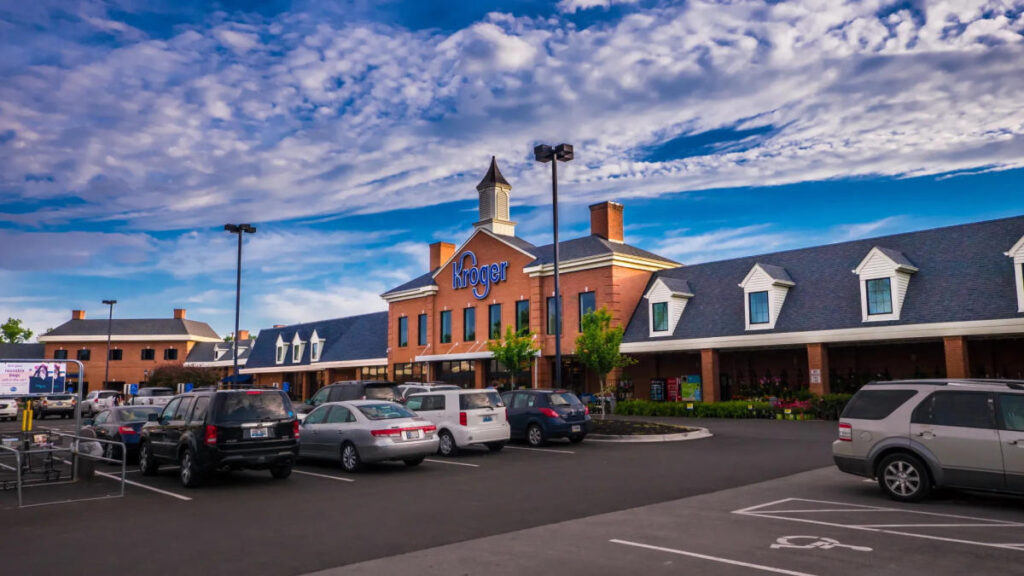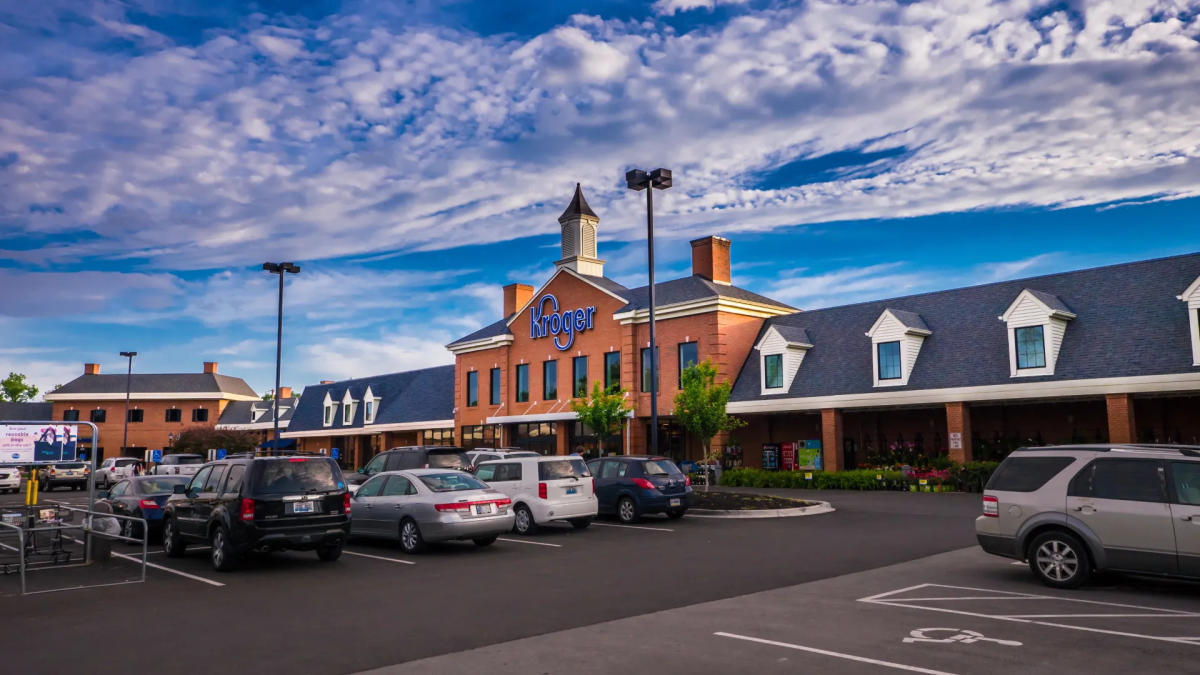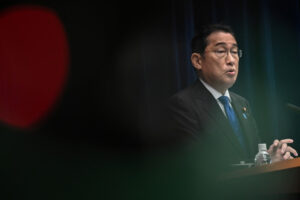Kroger comes under fire for use of electronic shelf labels


Dive Brief:
-
Two U.S. senators have called on Kroger for further information and justification of adopting and using electronic shelf labels, claiming the technology allows stores to “calibrate price increases to extract maximum profits.”
-
Along with pricing concerns, the senators noted that Kroger’s shelf label technology allows the grocer to “gather and exploit sensitive consumer data.”
-
Kroger, when asked to comment on the letter, said: “Any test of electronic shelf tags is to lower prices more for customers where it matters most. To suggest otherwise is not true.”
Dive Insight:
While ESLs allow grocers to practice dynamic pricing, they also take advantage of consumers at a time when income spent on food is at a 30-year high, Sens. Elizabeth Warren and Robert P. Casey, Jr. wrote in a letter to Kroger Chairman and CEO Rodney McMullen on Aug. 5.
The senators noted these devices introduce the potential for large grocery companies to “abuse their power and surge grocery prices suddenly” at times when specific products are most in demand. The widespread use of ESLs and dynamic pricing would also result in consumer goods being “priced like airline tickets,” Warren and Casey wrote, citing Marketplace.
Kroger refuted the consumer pricing concerns stating that it aims to lower prices over time for its consumers and that doing so leads to more revenue for the company.
Kroger’s ESL device, called Enhanced Display for Grocery Environment (EDGE) Shelf, also threatens consumer privacy, according to the senators. In partnership with Microsoft, Kroger plans to place cameras on its EDGE Shelf displays and use facial recognition to determine information about its shoppers, including gender and age, to push personalized offers and advertisements, per the letter.
The senators wrote that they are “concerned about whether Kroger and Microsoft are adequately protecting consumers’ data, and that as Kroger expands the personalized customer experience, customers will ultimately be offered a worse deal.”
Kroger’s emailed statement did not address the senators’ concerns about the alleged risk to consumer data privacy.
Warren and Casey have asked Kroger to answer more than 10 questions by Aug. 20 defending and explaining the use of ESL technology, including:
-
For all items that have been subject to dynamic pricing using EDGE, what is the average percentage change in price of those items over the first six months of using the system?
-
Has Kroger ever used EDGE to change the price of an item more than one time within the same day?
-
Will customers have the option to opt out of the collection of personal data through ESL platforms?
-
How will Kroger ensure that it will not use customer data related to ESL platforms to discriminate based on protected classes, such as race, gender or age, when offering personalized prices?
The letter comes as retailers ramp up adoption of ESLs. Walmart announced in June plans to install electronic shelf labels in 2,300 stores by 2026. Last month, Instacart said it will roll out its Carrot Tags’ pick-to-light functionality chainwide with Schnuck Markets.
This isn’t the first time grocers have faced concerns about whether their technology initiatives are putting consumers at a disadvantage. In late 2022, a coalition of consumer rights and public interest groups called on grocers to rethink digital-only deals, claiming they may violate the Federal Trade Commission Act and leave non-digital consumers overpaying at a time of high inflation.
This story was originally published on Grocery Dive. To receive daily news and insights, subscribe to our free daily Grocery Dive newsletter.







